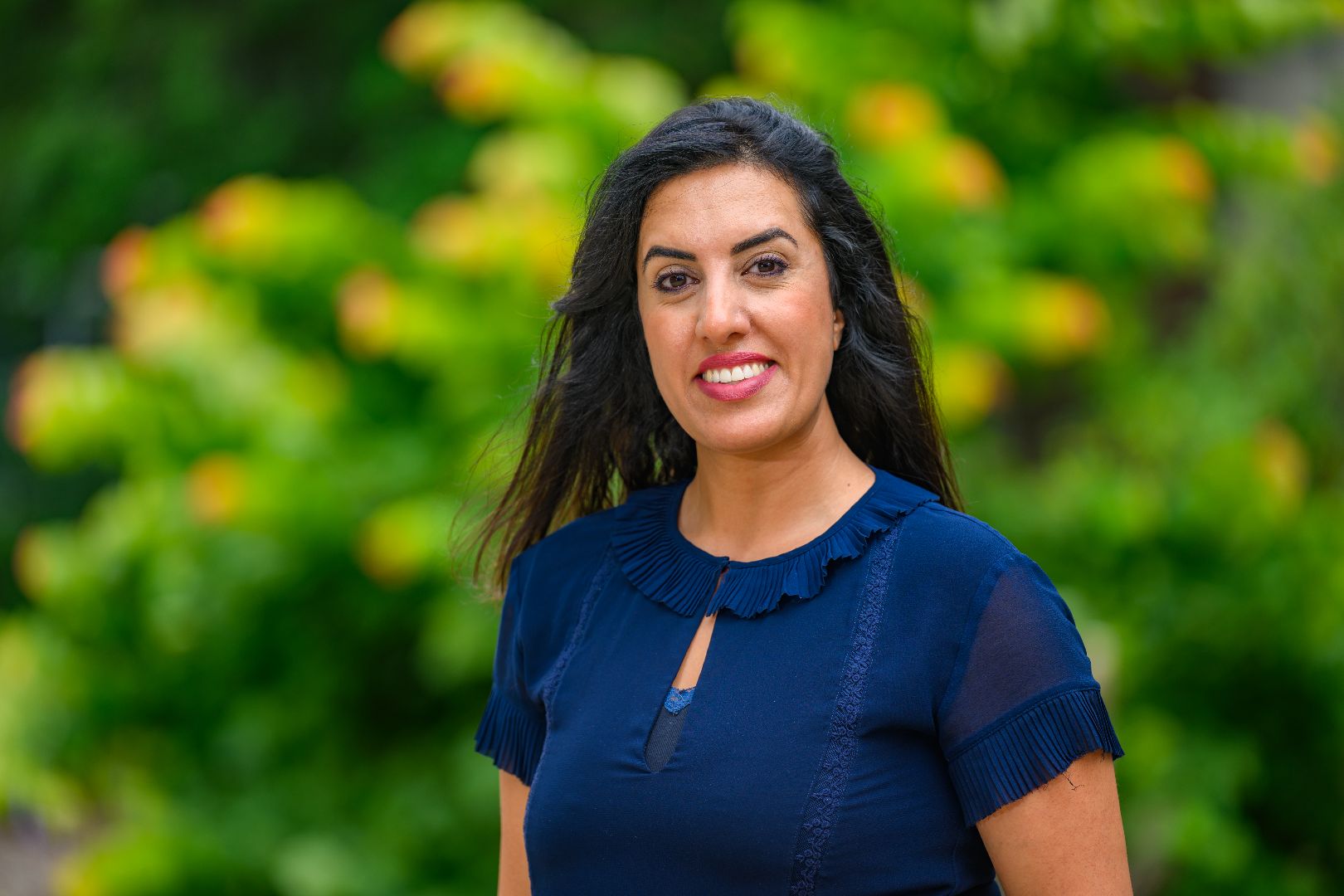
Anjam Chaudhary serves as the program director of Global Diversity, Equity and Inclusion in International Studies and Programs. Her work focuses on developing transformative programs that foster inclusive leadership and cross-cultural communication. Chaudhary also actively contributes to global DEI conversations through her research, conference presentations and consulting engagements. In addition to her role in Global DEI, she leads the Hubert H. Humphrey Fellowship Program and is the co-academic director of the Mandela Washington Fellowship Program.
Empowerment is often the go-to concept when discussing women’s progress in education, employment, and leadership. But does it truly reflect the complexities of gender equality?

Despite growing initiatives centered around women’s empowerment, the reality of gender equality in my lifetime or my daughters’ continues to be an illusion. According to the UN Sustainable Development Goals, “It will take an estimated 300 years to end child marriage, 286 years to close gaps in legal protection and remove discriminatory laws and 140 years for women to be represented equally in positions of power and leadership in the workplace.”
Rather than addressing societal structures that hinder women, such as disproportionate childcare responsibilities, the onus is on women to navigate these systemic barriers.
It is alarming to know that only 25.9% of STEM leaders are women. Even those who break through the glass ceiling often do so at great personal cost, battling patriarchal systems that can put their mental and physical well-being at risk.
In an upcoming panel discussion I am moderating for Berlin Science Week, I engage two MSU professors, an MSU student and a DEI consultant to explore how and why the movement to “empower women,” misses the mark.
At its core, the concept of “women-empowerment” paints women from a deficit perspective, “as if we need additional skills or resources to attain the positions we already deserve,” says Dr. Galit Pelled, a professor of mechanical engineering, radiology and neuroscience, and one of the panelists.
“The Myths of Empowerment,” is a free cross-disciplinary panel discussion at 11 a.m. EST, Nov. 4th, and is part of the larger hybrid event Berlin Science Week, which runs from Nov. 1-10.
Dr. Pelled and I will be joined by MSU Professor Sophia Lunt, MSU Undergraduate Veona Cutinho and Global DEI Practitioner Daniela Felletti. We aim to recontextualize ideas about women’s empowerment. Instead of focusing on what women must do to succeed, we will explore how society can reshape its institutions and rethink its structures to foster global equity and inclusivity.
Register and attend on Zoom for the MSU-led webinar “The Myths of Empowerment" during Berlin Science Week.